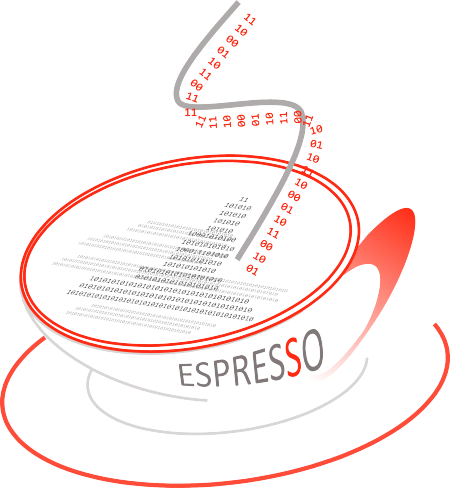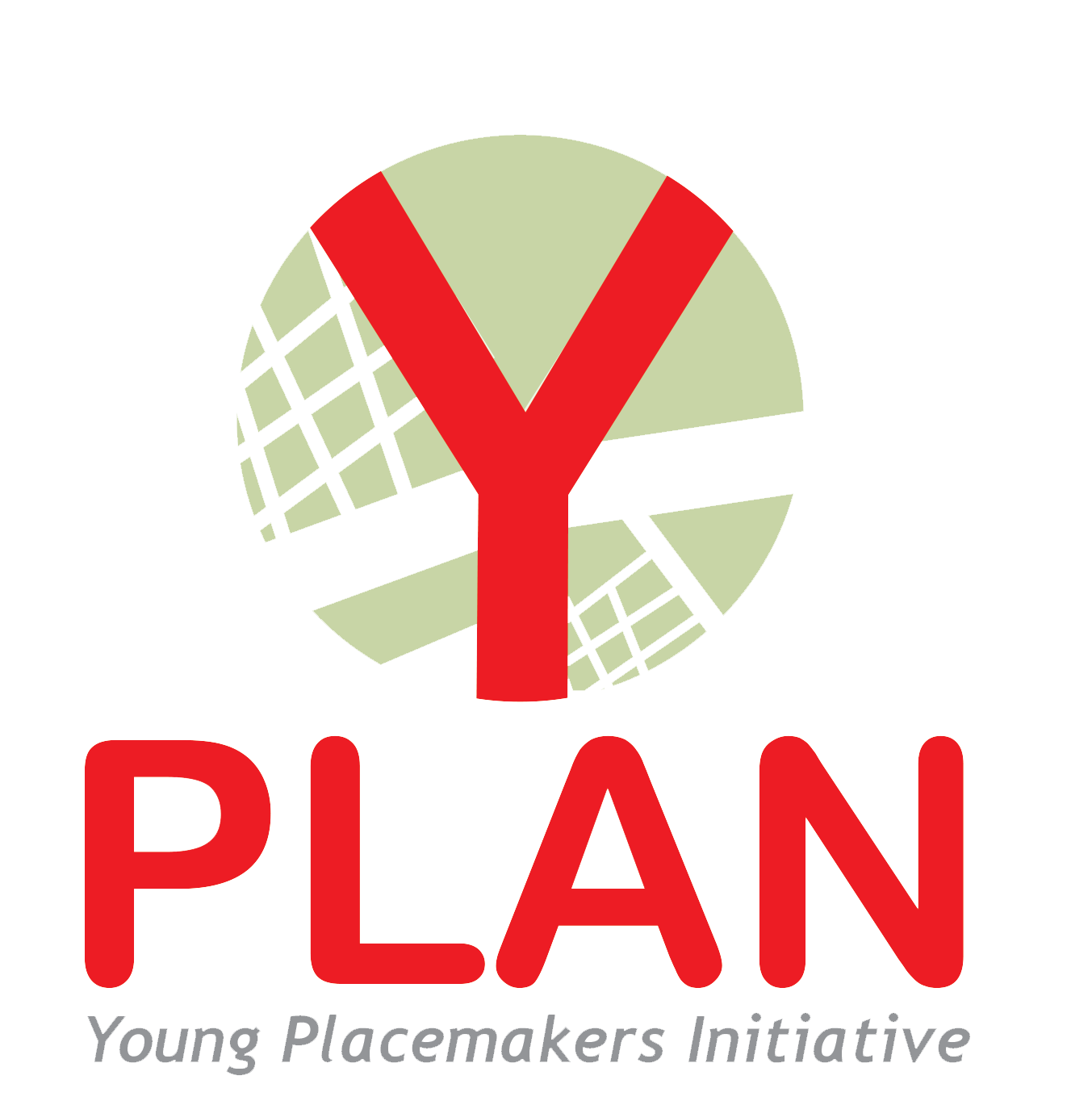ESPRESSO
ESPRESSO – „systEmic Standardisation apPRoach to Empower Smart citieS and cOmmunities” focuses on the development of a conceptual Smart Cities Information Framework, which consists of a Smart City platform (the so-called Smart City enterprise application) and a number of data provision and processing services to integrate data, workflows, and processes in applications relevant for Smart Cities within a common framework.
ESPRESSO Official Website: http://espresso.ru.uni-kl.de/
The general objectives of the project are the following:
- Creation of a “Smart City stakeholder community”
- Definition of a Smart City interoperability framework
- Accelerating deployment and lower cost of standardisation
- Definition of a Smart City information framework
- Creation of a business framework for Smart City standards-based technologies
- Understanding the legal, social, and economic impact of the actions proposed
- Dissemination and creation of awareness for project results.
YPLAN
-
YPLAN - Young Placemakers Initative is a project co-financed by a grant from Switzerland through the Romanian-Swiss Cooperation ProgrammeWebsite: www.yplan.roThe YPLAN project aims to to raise awareness on public space issues in Romanian cities, given the fact that public space quality greatly influences social, economic and environmental quality in urban areas. The specific objectives of the project are:
- to heighten the awareness towards the importance of social public spaces, planning and civic involvement among 7,000 high-school students in Bucharest;
- to increase the capacity in terms of participatory planning and design processes among a pilot group of 30 students;
- to ensure the implementation of four projects on real sites in Bucharest, created by students, as well as to foster the replication of the YPLAN experience in other cities, ensuring a lasting impact of the initiative.
The Launch Conference will present the detailed methodology for addressing the three action pillars of the project (awareness, design, implementation), as well as the best practice to be transferred and the contributions of each partner for achieving the specific objectives.
The project, which will run from 1 May 2015 to 31 October 2016, is co-financed by a grant from Switzerland through the Swiss Contribution to the enlarged EU.
TUTUR
TUTUR - Temporary Use as a Tool for Urban Regeneration
Lead Partner: Rome | Lead Expert: Dr. Pietro Elisei
Duration: 16 Months, 1 December 2013 - 31 March 2014
Funding: URBACT II Transfer Networks
TUTUR Official Website: http://tutur.eu/
Temporary use is a planning tool effectively bringing together various stakeholders: it engages an important number of municipal and private economic development agencies and property owners, as well as cultural organisations, to elaborate potential uses of existing infrastructure and resources. In the meanwhile, architects (and landscape architects, designers) also play a key role in the development of models for interim use and in the establishment of temporary spatial possibilities. Transforming empty properties to allow them adopt new uses offers advantages to all: owners profit with the renovation and preservation of the building, users access affordable work and living spaces, residents enjoy their revitalised neighbourhoods, merchants benefit increasing traffic and sales, and the design professions gain new work opportunities and expanded professional perspectives. The objective of the TUTUR project is to introduce the method of temporary use in urban regeneration to cities participating in the network.



